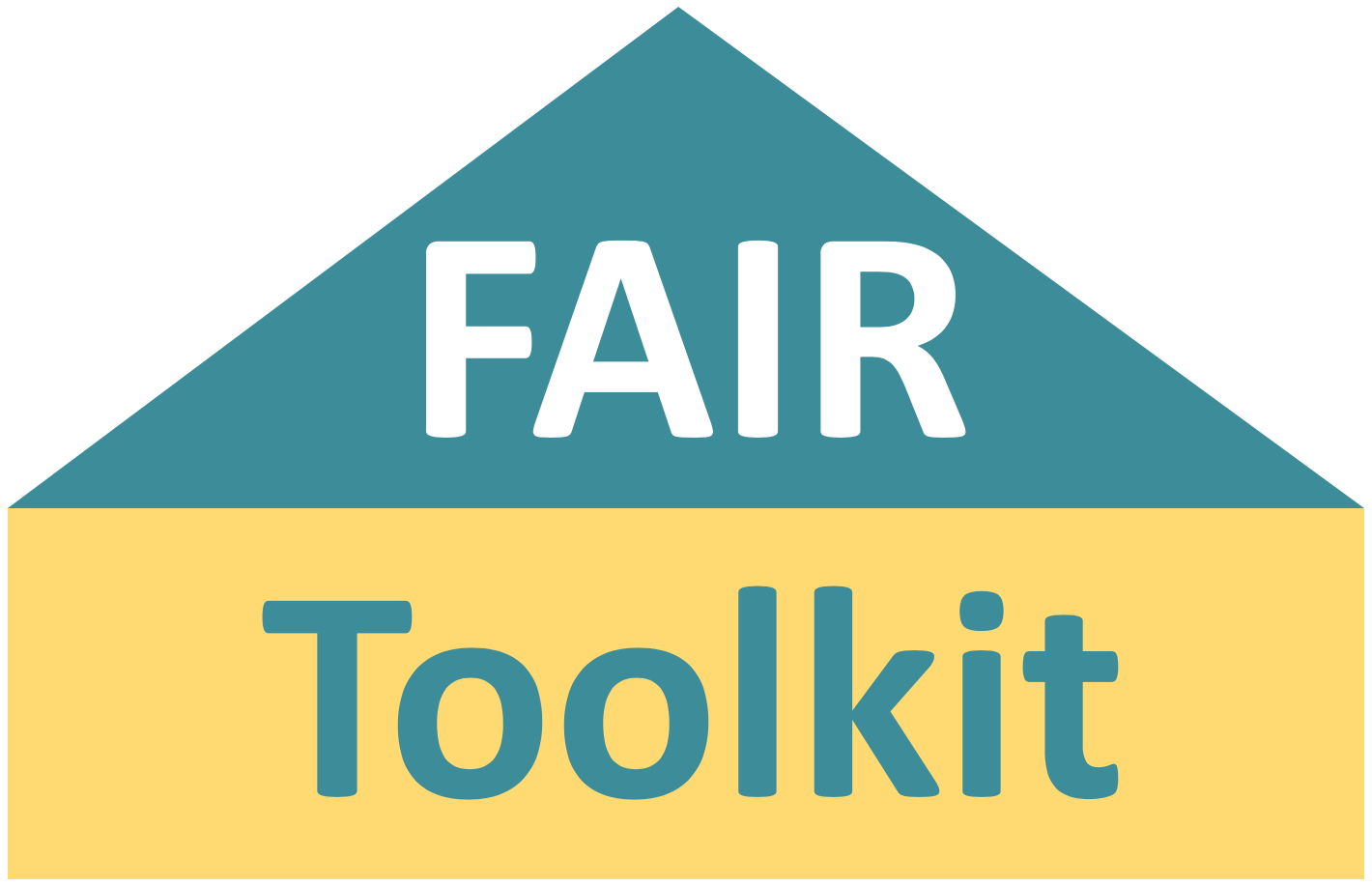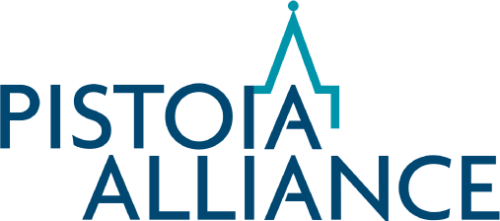How to unlock the value of RNA sequencing (RNA-Seq) and microarray data from a public repository Gene Expression Omnibus (GEO)
- Using machine-learning assisted curation, guided by the FAIR principles
- Leverage ontologies and controlled vocabularies for annotation
Hear more about Roche’s ‘learning-by-doing’ FAIRification efforts
- Lessons learned from FAIRification of clinical data for Ophthalmology, Autism, Asthma and COPD
- Set up integrated end-to-end process for curation workflows for prospective studies
Find out how to apply the FAIR Maturity Indicators to measure the FINDABILITY of the data and metadata.
- Findability of data is compared with your FAIR objectives to identify and make improvements in an iterative manner
Learn how to apply the FAIR Maturity Indicators to measure the ACCESSIBILITY of the data and metadata.
- Accessibility of data is compared with your FAIR objectives to identify and make improvements in an iterative manner
Consider how the granularity and context of data and associated metadata to help to inform your FAIR objectives.
- Understand the granularity and context of the data as early as possible
Read how to apply the FAIR Maturity Indicators to measure the INTEROPERABILITY of the data and metadata.
- Interoperability of data is compared with your FAIR objectives to identify and make improvements in an iterative manner
Discover how to apply the FAIR Maturity Indicators to measure the REUSABILITY of the data and metadata.
- Reusability of data is compared with your FAIR objectives to identify and make improvements in an iterative manner
Discover how these interactive events, guided by experts in data management, can provide a learning experience to improve the FAIRness of data brought by the participants.
- Practical “hands-on” training to evaluate and make data more FAIR
Learn how the responsibilities and competencies for data stewardship provides important expert advice and suport for FAIR data management.
- A growing need for data stewardship competences in life science industry
Find out how a generic workflow can be deployed by workshops or action team to make important datasets FAIR.
- FAIRification as a retroactive workflow is common at this time
- FAIRification by design (data “born” FAIR) is far more desirable for the future
Find out how the data stakeholders can prepare for the changes necessary to make data FAIR.
- Readiness for change provides the means to engage a wider group of staff throughout an organisation.
Learn how change agents, such as data stewards, play an important role to support FAIR data management and application.
- A network of change agents coordinate data management across the organisation to support the necessary changes.
Capability Maturity Model applied to data helps an organisation to determine the capability for making data assets FAIR.
- The method defines five levels of maturity for how an organisation makes and maintains FAIR data.
Roche embeds data standards and quality checks to harmonize, automate and integrate very heterogeneous and complex processes.
- Self-contained micro services deliver performance and scalability
- Scalable and flexible for data models in clinical and non-clinical
The Hyve present an approach to making new collaborative scientific research data FAIR in a real time manner on the internet.
- Rapid development of a semantic model expressed as subset of schema.org
- Reusable static web site generator code

